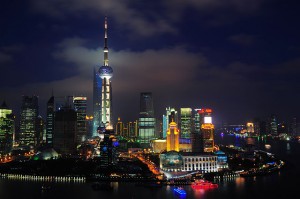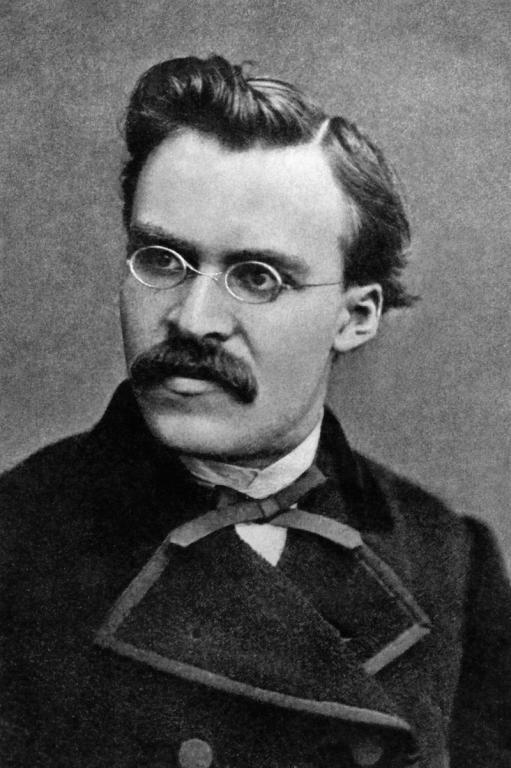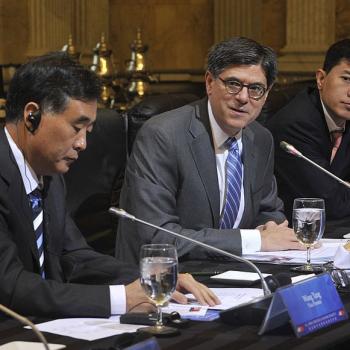Today the greatest Christian evangelism movement ever to occur in any country in the world is taking place in China. It’s one of the most exciting developments to be happening on the world stage right now and most American and western Christians do not seem to be aware of it. In part I think that the reason why we are not is because the media that surrounds us in our electronically saturated culture is focused so much on other things. Perhaps in part also the reason why we Christians in the west are not aware of it is because we are so busy slugging it out in the trenches, trying to save the moral and logistical remnants of our Christian past in a western culture that seems rapidly to be turning in a different direction. To be sure, slugging it out for the gospel in the west is a valuable mission. It’s a mission to which I am currently dedicating my life. But at the same time I do think that a case could be made for saying that we Christians in the west are needed every bit as much on the mission field in China. At the very least our financial resources are needed on that mission field. Consider the following points.

1) Chinese people right now are incredibly receptive to the gospel. Both the mainline, government-controlled churches and also the burgeoning house church movement are being overrun with people who are seeking the love of Christ. The openness defies region – from Harbin in the north, to Xian in the west, to Guangzhou in the south, to Tsingtao in the east.
2) There is a deep need for grounded theological education on the mission field in China. While tens of millions of Chinese people are receptive to the gospel, from what my friends tell me there often is an unfortunate lack of theological training among their leaders – especially among the pastors and leaders of the house church movement. This lack of grounded theology is in part the reason why many house churches are spiraling off into syncretism, which is always a danger for Christian churches. Pseudo-Christian spiritualist movements like Falun Gong are an ever-present temptation in the absence of good theological training.
3) The numbers do vary a lot, depending on the statistical source. It depends also on how you count the house church movement. But the Chinese church is probably today as large as 70-80 million people. Occasionally I have heard learned estimates of 90 million or more. If these numbers are right then contemporary China is the third largest Christian country in the world – behind the United States and Brazil. That’s an incredible demographic shift in just a couple of decades of openness in the post-Deng Xiaoping era.
4) Anecdotally, I have known dozens of Chinese people in my life. And every one of them has been receptive to the gospel. Mind you, they certainly are not all Christians. But every one of them has been interested in hearing the Christian message – considering what it has to say – and not a single one of them has approached spiritual discussions with me in the hardened and cynical way that we Christians have become so familiar with among many of our peers in the west. Among Chinese today there is not a cynical cultural memory of past Christian misdeeds.
When you think of a Christian today, you still think of a white American Evangelical, or a Latino Catholic or Pentecostal, or an African Anglican. At least that’s what I think of when I reflect on it. But one hundred years from now the largest Christian church in the world, by far, will almost surely be in China. So when our descendants at that time think of a Christian they will probably think of a Chinese layman, a Chinese worship leader, or a Chinese missionary.
The future of Christianity is in China. It’s time for western Christians to embrace that reality.
(This blog post originally appeared on the Houston Baptist University School of Christian Thought blog)
















